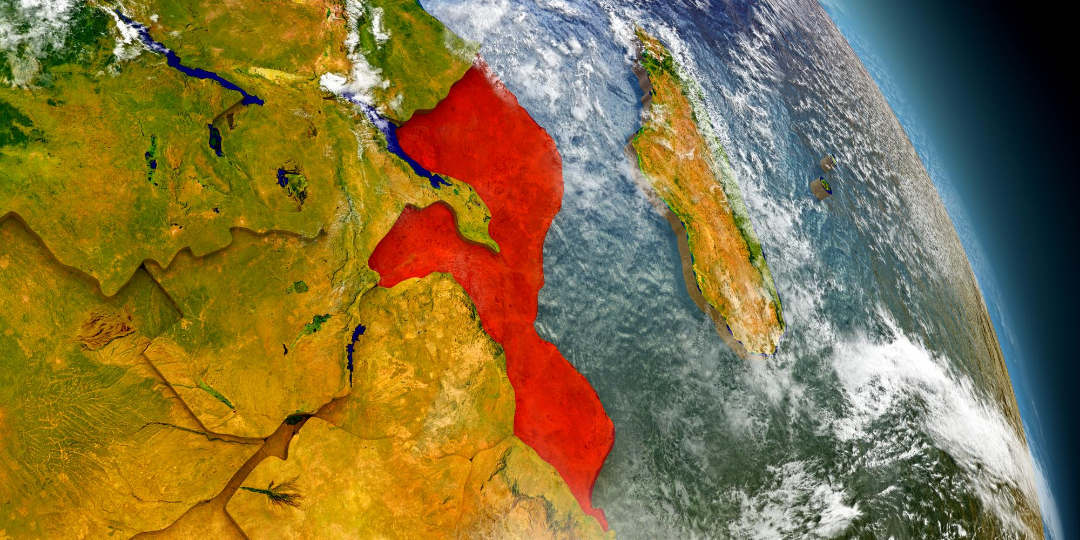
Is Mozambique safe?
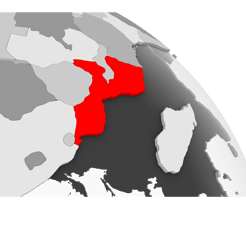 Islamist extremists captured the port of Mocímboa da Praia in the far north of Mozambique in early August 2020 in the latest escalation of the insurgency in the southern African country. The insurgency in the remote north of Mozambique emerged in 2017, and is rapidly developing into one of the region’s most serious security challenges. Observers increasingly compare the situation with the early phases of insurgencies in Nigeria, Mali and elsewhere in Africa. These have grown in strength over the last decade, with repeated efforts by local, regional and international powers to stem their spread achieving limited success at best.
Islamist extremists captured the port of Mocímboa da Praia in the far north of Mozambique in early August 2020 in the latest escalation of the insurgency in the southern African country. The insurgency in the remote north of Mozambique emerged in 2017, and is rapidly developing into one of the region’s most serious security challenges. Observers increasingly compare the situation with the early phases of insurgencies in Nigeria, Mali and elsewhere in Africa. These have grown in strength over the last decade, with repeated efforts by local, regional and international powers to stem their spread achieving limited success at best.
Mocímboa da Praia
The facility, which is close to the site of natural gas projects worth about $60bn (£45bn), fell when marines who had resisted several hundred militants ran out of ammunition and were forced to withdraw. The sophisticated and well-planned attack was launched on the town by a group known as Ahlu Sunnah Wa-Jamaa, which pledged allegiance to Islamic State in 2019.
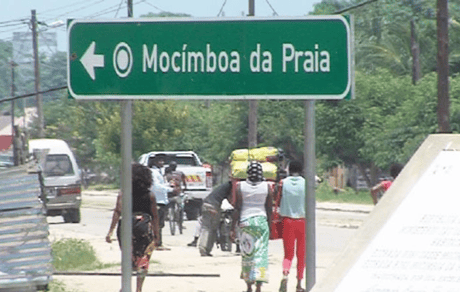
What has triggered the conflict?
The conflict in Mozambique is rooted in widespread anger at the failure of central government to fairly distribute earnings from the exploitation of the region’s rich natural resources, as well as a range of historic grievances. Discontent has been heightened by endemic corruption, expulsions to clear land for international firms to invest in the gas project and an indiscriminate military response to the violence. Muslims comprise around 18% of the overwhelmingly Christian country.
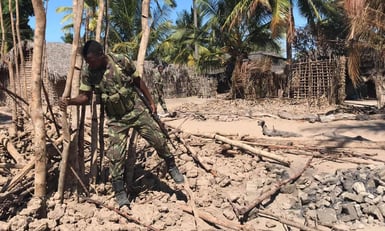 The legacy of Mozambique’s civil war
The legacy of Mozambique’s civil war
Mozambique in East Africa gained independence from Portugal in 1975, but still suffers the effects of a 16-year civil war that ended in 1992.
Tensions remain between the ruling Frelimo party and the opposition former rebel movement Renamo and corruption has become a major concern.
The discovery of gas fields off Mozambique's coast in 2011 is set to transform the economy of one of Africa's poorest nations; however, the emergence of an Islamist insurgency in 2017 in the north has jeopardised the development of offshore gas fields. Despite recent economic growth, more than half of Mozambique's 24 million people continue to live below the poverty line.
Tackling ISIS in Mozambique
Local security forces suffer from poor training, minimal equipment and low morale. Recent attempts to reinforce them with expensive foreign mercenaries do not appear to have been effective.
At least 150 Russians linked to the Wagner Group, a company that has supplied mercenaries to fight in several African countries, were deployed in 2019 but were forced to withdraw after suffering significant casualties.
Dyck Advisory Group, a South Africa-based private security firm currently employed in the north of Mozambique, has also struggled to make any significant impact. Its handful of light helicopters were based too far from Mocímboa da Praia to intervene effectively.
Though now an Isis affiliate, the insurgents in Mozambique remain a fundamentally local threat.
The unrest has forced hundreds of thousands of people to flee, threatening a major humanitarian crisis, and observers fear the insurgency, if unchecked, could destabilise a swath of southern Africa.
South Africa is reported to be considering a troop deployment, perhaps providing the bulk of a force under the command of the Southern African Development Community that might also include contributions from Zimbabwe and Angola. Any such operation would be hugely expensive, however, and it is difficult to see how it would be funded.
The Islamic State has warned South Africa that any intervention would make it a target for the group.
How many people have died in the conflict?
The insurgents have so far killed at least 900 civilians, as well as several hundred government soldiers and police. The true death toll, however, is extremely difficult to establish.
“The bottom line is we simply don’t know how may have died. There are reports that bones are being dug up in fields when farmers return to villagers once the government forces have established some semblance of security and insurgents have withdrawn,” said Piers Pigou, a regional expert with the International Crisis Group.
The bloodiest attack took place in April, when more than 50 people were massacred in Xitaxi in the Muidumbe district after locals refused to be recruited to the ranks of the insurgents. Most were either shot dead or beheaded.
Mozambique governance
Filipe Nyusi, of the ruling party Frelimo party, was sworn in as president in January 2015, and was inaurugated for a final five-year term in 2020.
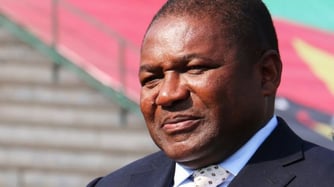 Two months later he succeeded former president Armando Guebuza as party leader, representing a change in guard in Frelimo, which has dominated politics in Mozambique since it won independence from Portugal in 1975.
Two months later he succeeded former president Armando Guebuza as party leader, representing a change in guard in Frelimo, which has dominated politics in Mozambique since it won independence from Portugal in 1975.
During his election campaign, Mr Nyusi pledged to transform Mozambique, one of Africa's poorest nations.
He presides over a country on the cusp of tapping newly discovered offshore gas fields that could transform Mozambique's economy, although an Islamist insurgency in the far north has raised questions about the state's ability to guarantee security
Related Posts
Regional military intervention in Mozambique is a..
Mozambique’s President Filipe Nyusi has called an extraordinary summit of the leaders of the..
Cabo Delgado Conflict: Escalating tensions and..
Since 2017, the ongoing conflict in Mozambique’s northernmost province, Cabo Delgado, has cost the..
Mozambique Could Become Africa’s Next Piracy Hot..
On March 24, Ansar al-Sunna, a militant group linked to the Islamic State, launched a bloody attack..



